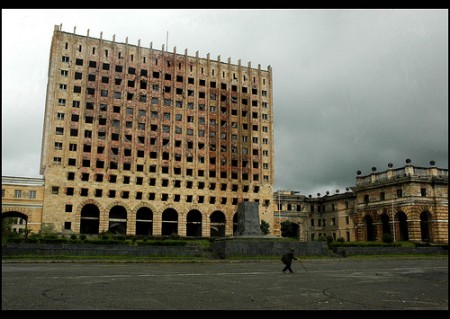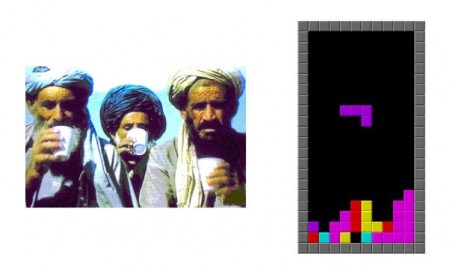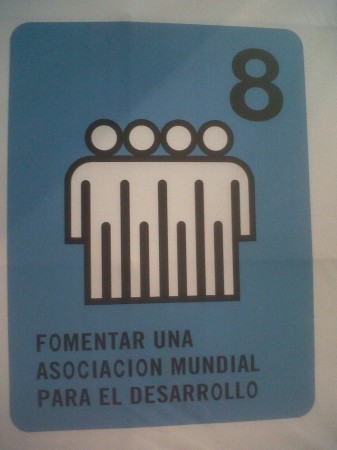
When Francis Fukuyama declared “the end of history” at the end of the Cold War, he wasn’t completely wrong. The history of ideas stopped.
I know that philosophy is no longer trendy, but we have to face it: Ideologies have played a vitally important role in human history. Whether the Enlightenment, capitalism, communism, fascism, socialism, anarchism and all the other “isms”, ideologies have, sometimes alone and sometimes in competition with each other defined political history. Competition between ideologies forced them to improve their practical implementation, and thus each theory became better and better by being in contact with other ideologies.
When Fukuyama declared that history had ended, he meant that ideological history had ceased to exist when capitalism won the fight against communism. Since then, no serious ideologies have been able to seriously question or challenge the neoliberal system.
As a result, we have become bad and inept at thinking outside the box. We no longer seriously question the system (that most of us live in), not even after one of its most serious crises. Few people seem interested in seeking out and spreading new form of thinking that promote something better than capitalism. This is a serious deficiency for our increasingly ideology-deficient societies.
We do no longer think about reforming or improving the society, we just think about fixing it. Think about our government’s response to the financial crisis. What did we do? Did we try to create a financial system in which crises are no longer possible? No, we just saved the system from itself and are now simply waiting for the next crisis to happen.
What we need, is out of the box-thinking that the re-think and re-examines the basis of our current system. A few philosophers have started on this journey and one of them is Slavoj Zizek, a Slovenian philosopher.




